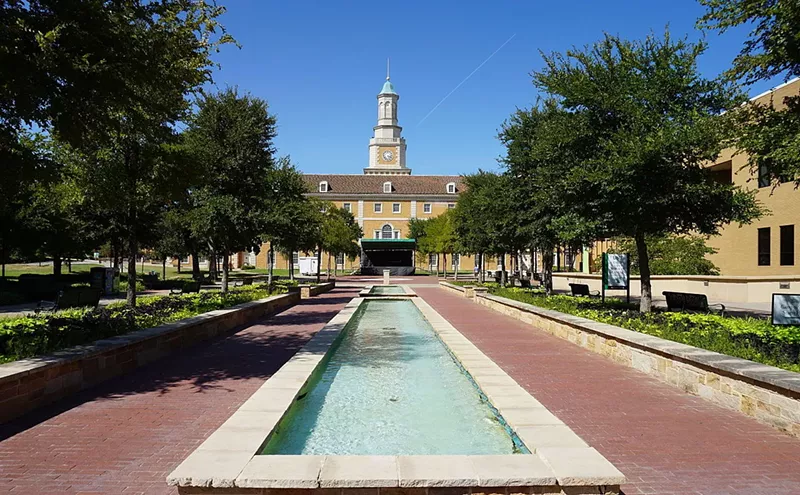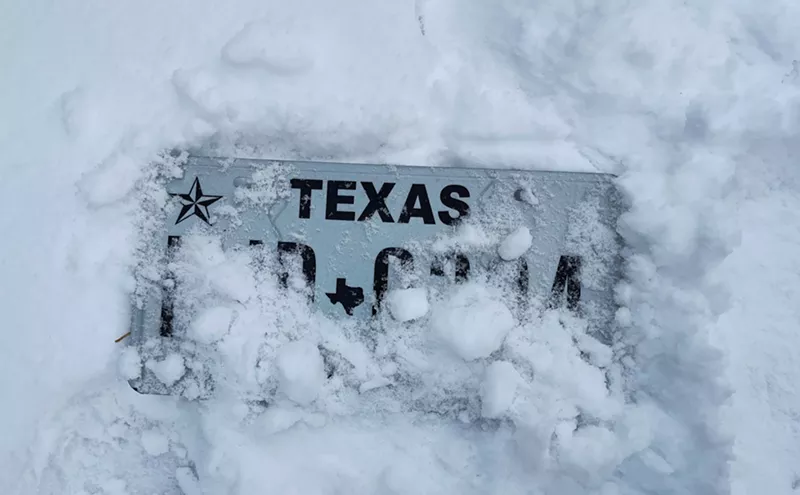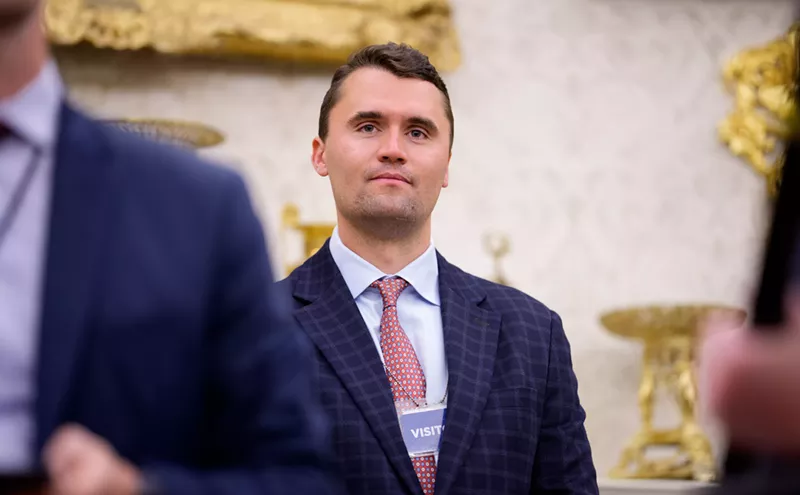This morning I read with sadness of the death of Trammell Crow, a man for whom I have always had great admiration. I would like to pass along this modest anecdote.
In the early 1990s when I was between newspaper jobs, I worked for Trammell Crow on a personal project of his. I was a very small cog among many. The project finally came to a crucial point where he needed to give it a green light or a red light. If it got the green light, a small company of California consultants stood to pocket a whole bunch of money, all of it straight out of Mr. Crow's pocket.
We were to have a big group meeting one evening where the old man, in his mid-70s at the time and largely disengaged from his real estate empire, would ask us how we all felt things were going. Most of us thought things were going quite badly. The whole thing seemed like a bad idea in the first place, and it only got worse the more we messed with it.
But the consultants came around to put the fear of God in us. They reminded us how important this project was to Mr. Crow and how deeply personally invested he was in it. He would be "heartbroken," they said, if we were negative about his dream.
In the course of the work, we all had huddled at least briefly in close
quarters with Mr. Crow, and I remember thinking that he hadn't struck
me much as the heartbroken type. But when the meeting started he asked
us how we felt (I was not asked personally), and the responses were all
upbeat and favorable.
"Really going great."
"Wonderful idea, sir."
"People will love this."
The old man prowled the room with his hands clasped behind his back,
nodding appreciatively at each remark. Then he made a speech that I
still can see and hear him making.
He said he was grateful for our efforts. He knew how much we wanted to
please him, and he was grateful for that. But, he said, these
consultant fellows over in the corner of the room were in for a whole
lot of his money if he gave this project the go-ahead. It would really
disappoint him, he said, to pay out all that money and put himself out
before the public and then find out the thing was a loser.
He reiterated that he appreciated our wanting him to be happy about it,
but he said the only thing that would really make him happy would be to
hear the unvarnished truth from us.
Then he went back around the room.
The truth came out in tiny little dribs and drabs at first, but he
caught every drop and then wrung more out of us. The drops became a
flood. I saw tears in one person's eyes. It was quite a dramatic
turn-around.
It wasn't fun.
The thing had been his idea -- his pet project, in fact. Explaining why
it was bad involved telling him that the things he thought were fun and
attractive about it were not fun and not attractive for most people.
Without going into too much detail, I will tell you that the project
involved inventing a new parlor game based on famous quotations. He was
really good at it. He was very erudite. But the game made most people
feel stupid and embarrassed. A common reaction was, "Ten minutes into
it I wanted to crawl in a hole and die."
Bit by bit, he got the truth out of us. Very graciously, he told us
that he understood how difficult this session may have been for many of
us, but he was truly grateful to us for telling him the truth. Then he
turned around and gave the consultants the red light. I contrast that
with some of the suggestions we hear today that leaders
should be excused for bad decisions because they were misled by their
underlings.
I think of that long evening, because I remember it as an example of
true leadership. First of all, he knew the truth might not be something
he liked or wanted to hear. He understood that everyone wanted to tell
him what they thought he wanted to hear. He assumed there would even be
pressure on people to do so.
With the best of intentions and maybe also the worst, people would lie
to him. He knew it was his job to find a way through that scrim and get
at the truth. He knew how to do it. And he did.












